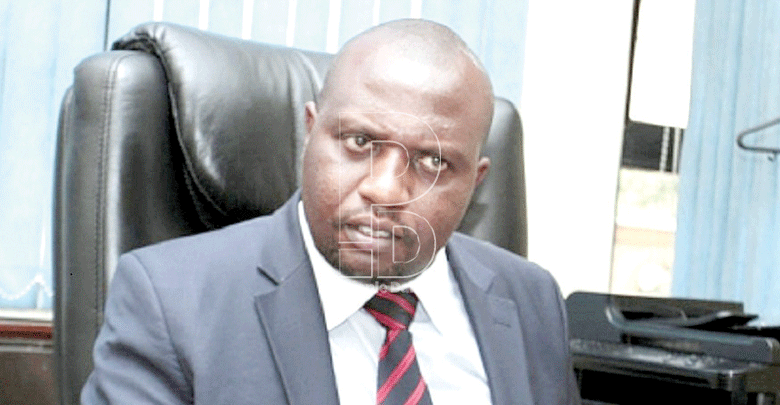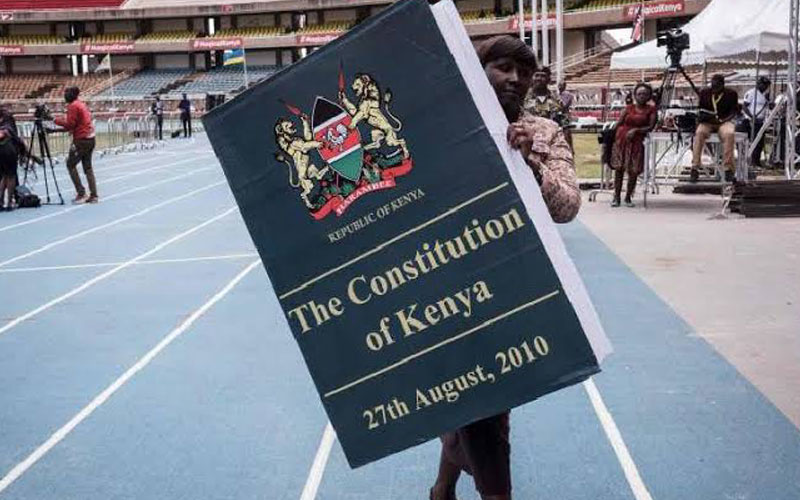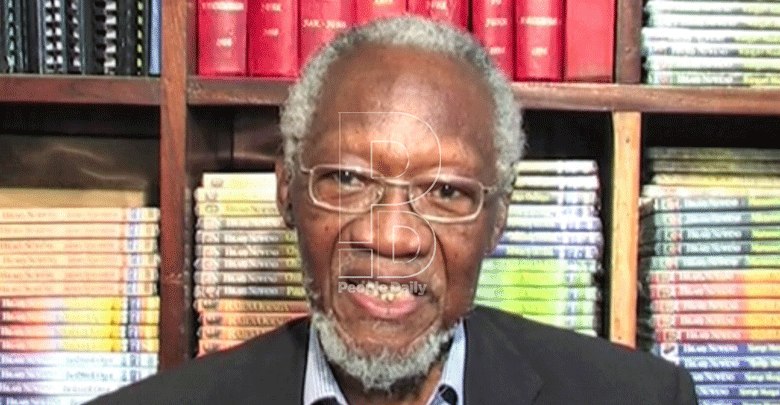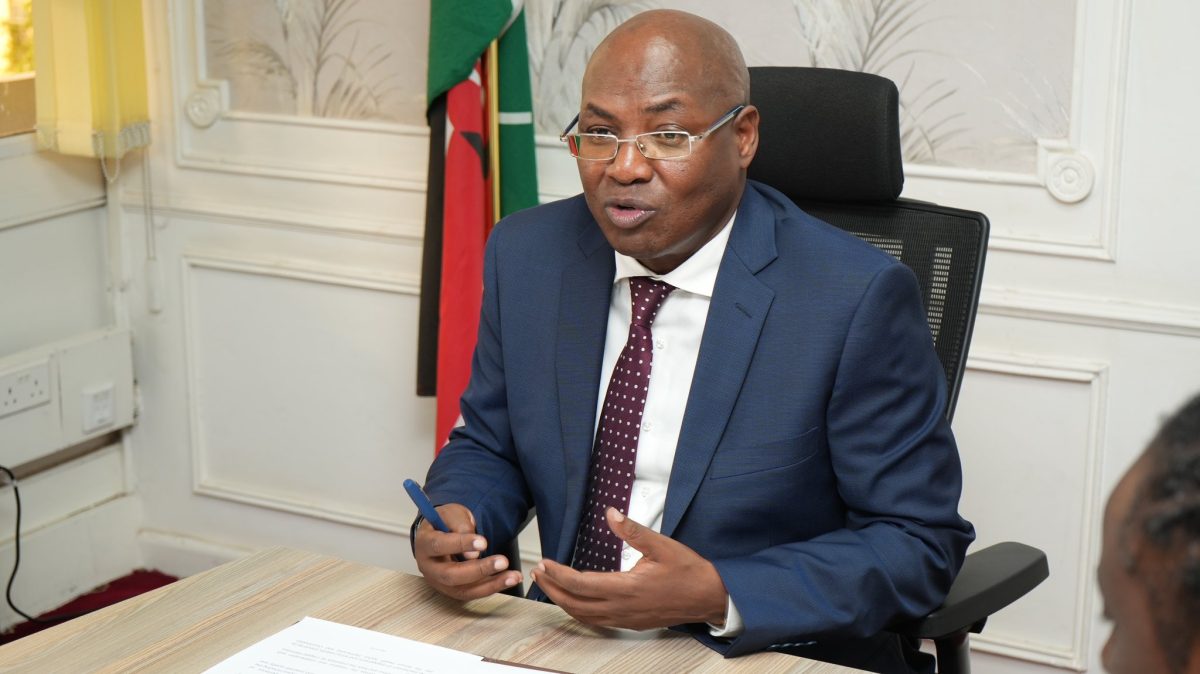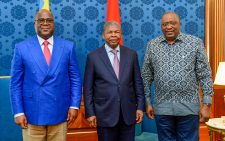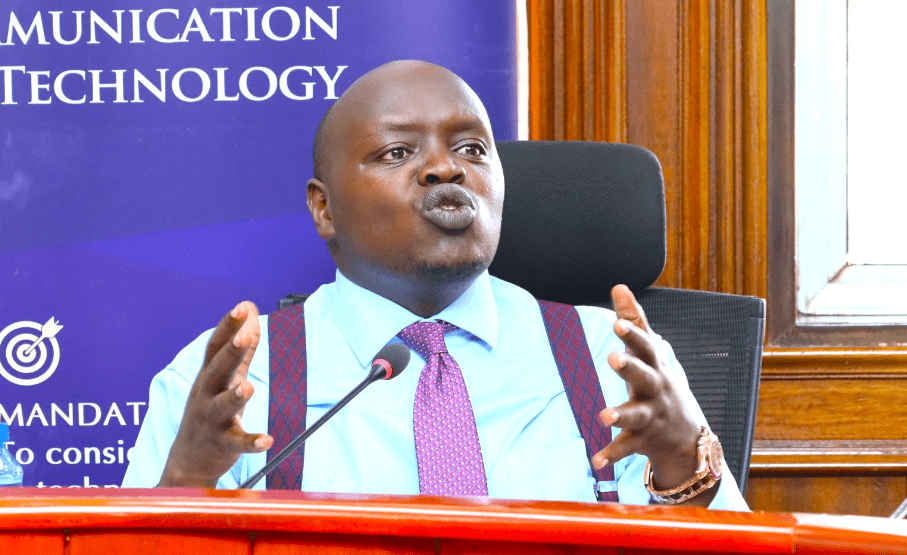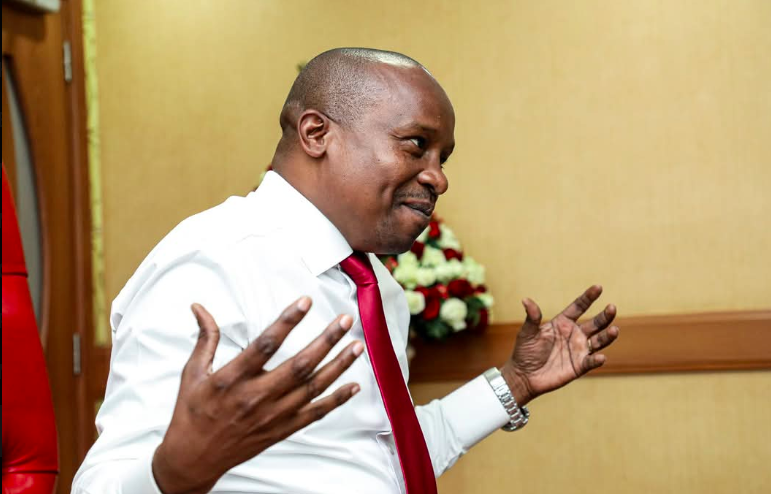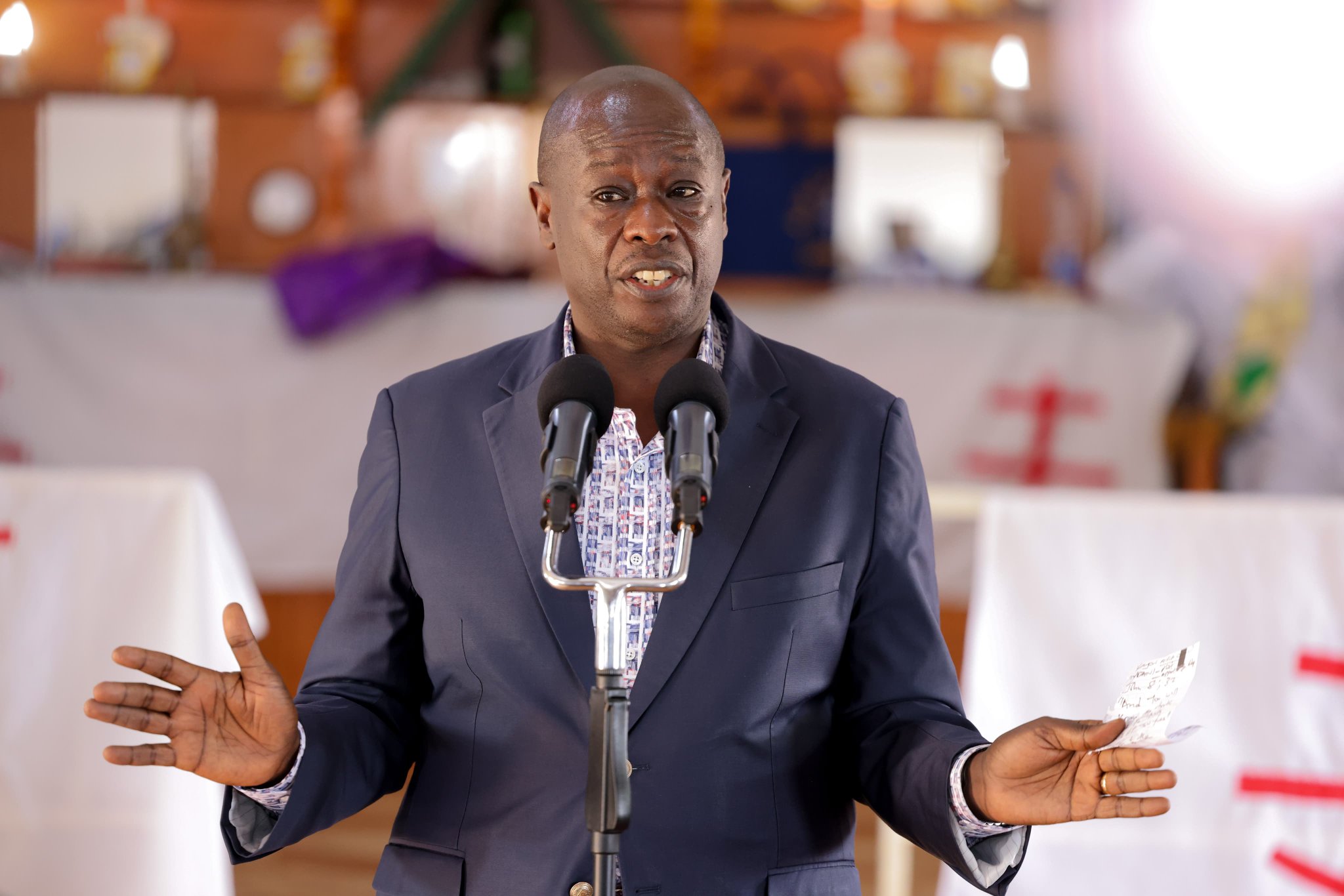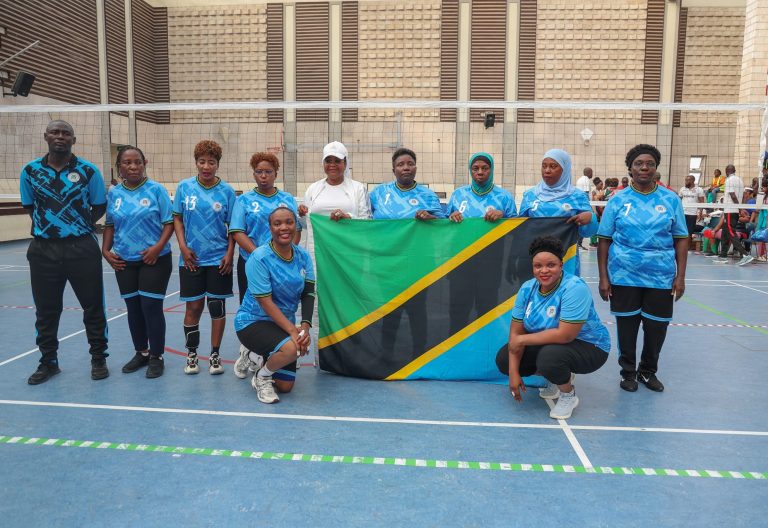Bad laws cement our poor ranking in press freedom

Patience Nyange
Thomas Jefferson famously said given a choice of government without newspapers, or newspapers without a government, he would gladly abolish the government and keep the newspapers.
When African print journalists gathered in Namibia on May 3, 1991, and made the Windhoek Declaration, the Jefferson spirit may have well inspired them.
The declaration affirmed the principles of a free press and became the basis of World Press Freedom day.
More than 200 years after Jefferson made the statement, a Chinese doctor in Wuhan went missing after he took to social media to warn his fellow citizens of a strange new disease that the Chinese media was unwilling to cover because of the stranglehold that the government has on it.
The government’s decision to prevent the world from knowing the full details of the disease outbreak, which we now know as Covid-19, caused the disease to spread rapidly among Wuhan citizens.
That would have been bad enough had it only stayed in Wuhan. Unfortunately, Wuhan has a solid connection to the Italian fashion industry. Thus, someone with the virus that causes the disease got on a plane and travelled to Italy.
From there, the virus spread all over Europe and eventually the world. The result has been a loss of life on a global scale and untold economic destruction.
What Jefferson understood so well, and what the pandemic has shown, is the public’s welfare depends on access to information.
In other words, information is a public good, meaning it is a commodity that can and should be consumed simultaneously by everyone and from which no one should be excluded.
He understood that where the press is free, safety abounds. And how so right he was. Press freedom is essential to providing information to the public and keeping people safe.
A free press is vital to liberty, national security, the State’s proper functioning and a thriving economy.
This is why it is a concern that Kenya drops in press freedom rankings every year.
This year, Kenya ranked 102 of 180 globally. This places us in the bottom half and is worse than last year.
There are many reasons for the poor performance. We continue to maintain retrogressive laws such as the Books and Newspaper Act and the 1967 Preservation of Public Security Act which gives the president sweeping powers to censor, control or prohibit information deemed a security risk.
National and County governments do not proactively disclose information to the media on critical issues.
Public officers routinely mistreat and mishandle the media. Politicians have a lot of power over both State and privately-owned media, which feel obliged to censor themselves, avoiding subjects that could cause annoyance or might lead to withdrawal of advertising revenue.
Indeed, politicians now either own outright or have a significant interest in many media houses.
The Covid pandemic has only made things worse for the press as hundreds of journalists have lost jobs and media houses have shifted content from news to entertainment.
But, as always, there is hope. A section of the 2013 Kenya Information and Communications (Amendment) Act that criminalised the transmission of “offensive” or “menacing” messages over telecommunications devices was found unconstitutional by the High Court.
In August 2016, President Uhuru signed the Access to Information Act, which lays out procedures for requesting government information and penalises public officials for withholding information.
This is important, for, in the past, public officials refused to release information due to fear of reprisals.
That particular law demonstrates the State is starting to wake up to the fact that to deny the public access to information, to interfere with the ability of the press to work without fear or favour, is to chip away at the foundation of stability in society and to prevent economic development.
Plenty of work remains to be done.
There are still bad laws on the books that need to be abolished. There is still a pervasive culture of obstruction in both the public and private organisations that needs to be transformed for Kenya to stop sliding down the slippery pole of press freedom.
And the financial welfare of media houses and journalists needs to be ring-fenced against political and other bad actors. Let’s get to work. — The writer is a media and PR consultant in Kenya and a member of the Media Council of Kenya
